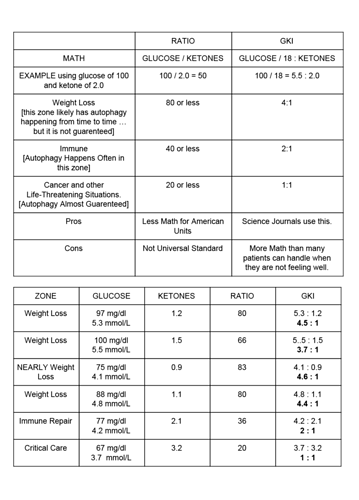I was wondering if anyone could help me. I started a 14 day water fast recently and after a couple of days I went straight into mild ketosis. I was drinking sparkling and still water with just a very small amount of squeezed lemon juice and was on 2-4 ltrs of water a day. I also took electrolyte water here in Asia called “Aquarius.” The only other drink I had was peppermint tea (black) and once in the morning a coffee with a vanilla milk (4gms carbs and low to zero sugar etc) with a tiny amount of non-fat milk and everything seemed fine.
I was taking Vitamins like D, B, folic acid and mens multi-vits. I then recently I also introduced Testosterone supplements and other various omega caps etc.
Over the past 3 days my ketosis meter readings and strip readings have started to decline and today I read them, the reading was zero, I also used the urine stick and I am totally out of Ketosis. I am sat here wondering what the hell?
The only thing I can think of is I drank a bit more of the aquarius water but the ingredients say no sugar etc or things that can affect ketosis. As you can see I am at a complete loss!
I have not eaten for 8 days so regardless, I assumed I should be in deep deep ketosis. Am I missing something here?
Any help would be appreciated
Regards
Phil


